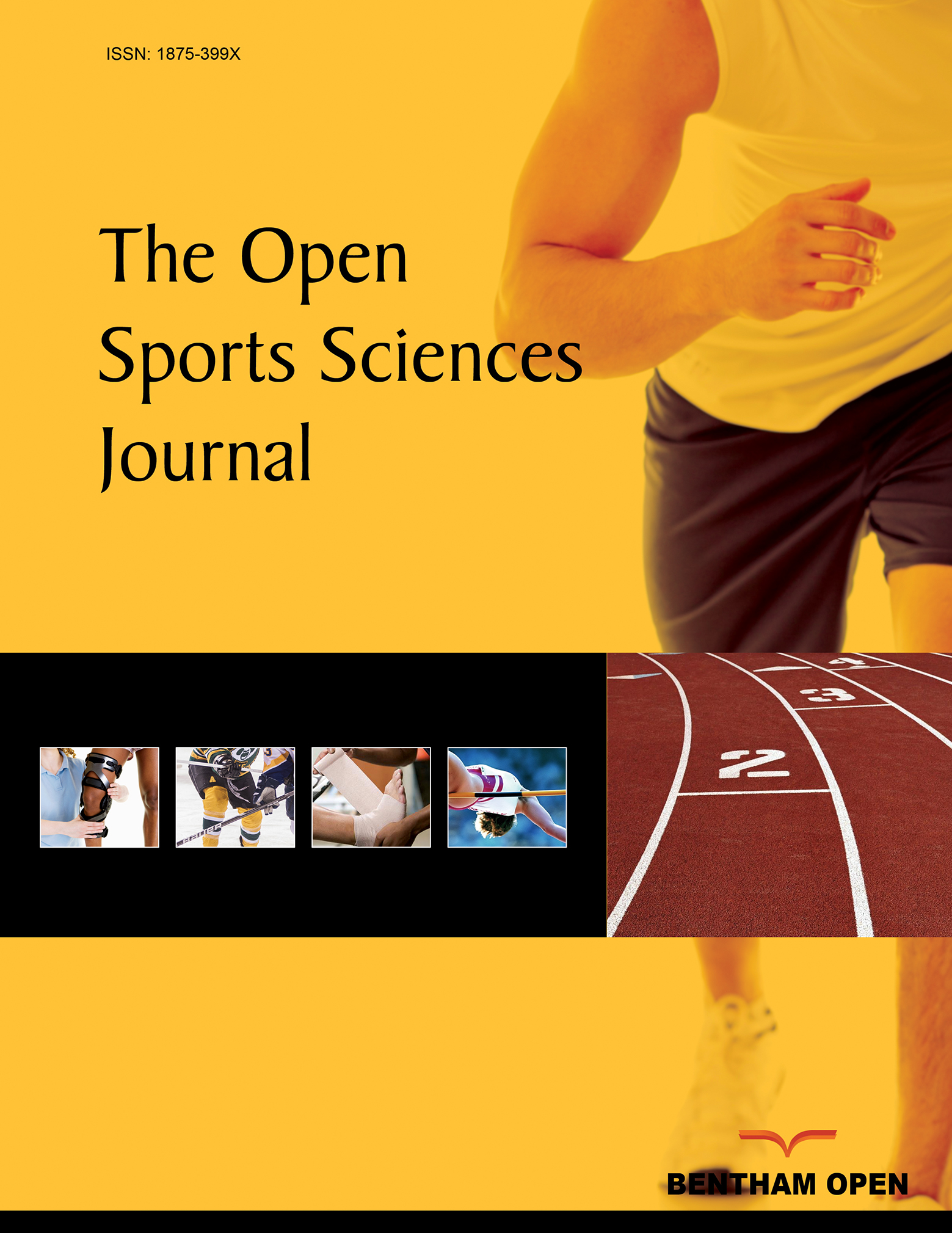Principles of Motor Learning in Ecological Dynamics A comment on Functions of Learning and the Acquisition of Motor Skills (With Reference to Sport)
Abstract
This paper provides a commentary on the contribution by Dr Chow who questioned whether the functions of learning are general across all categories of tasks or whether there are some task-particular aspects to the functions of learning in relation to task type. Specifically, they queried whether principles and practice for the acquisition of sport skills are different than what they are for musical, industrial, military and human factors skills. In this commentary we ar-gue that ecological dynamics contains general principles of motor learning that can be instantiated in specific performance contexts to underpin learning design. In this proposal, we highlight the importance of conducting skill acquisition research in sport, rather than relying on empirical outcomes of research from a variety of different performance contexts. Here we discuss how task constraints of different performance contexts (sport, industry, military, music) provide different specific information sources that individuals use to couple their actions when performing and acquiring skills. We conclude by suggesting that his relationship between performance task constraints and learning processes might help explain the tradi-tional emphasis on performance curves and performance outcomes to infer motor learning.


